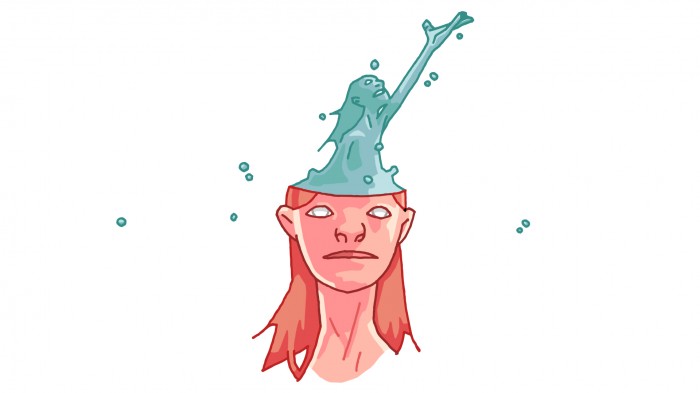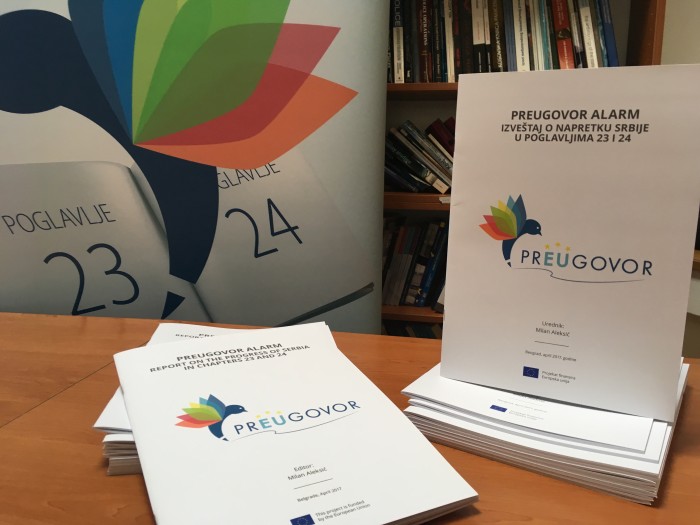Access to compensation is assessed as the weakest link when it comes to overall access to justice for victims of human trafficking in the Republic of Serbia. This is not only because the existing regulations leave room for secondary victimization and discrimination, but also because possibilities provided by the law which theoretically may ensure better victim protection and respect for their rights are rarely used in practice.
The same applies to the compliance with standards set out in ratified international instruments and EU directives which deal with the protection of victims of human trafficking or access to compensation for the victims of crime in general.
Although criminal legislation of the Republic of Serbia provides for a possibility to decide on victims’ compensation claim in criminal proceedings, in practice courts always direct the victim to civil proceedings. Civil proceedings are often lengthy, require financial resources which the victim does not have and do not contain protection possibilities available in criminal proceedings. Further, in case that the victim is awarded positive court decision, it is uncertain whether such decision will be enforced because traffickers rarely have assets on their own name and the Serbian enforcement system is not sufficiently functional. For this reason, the majority of victims do not even decide to claim compensation through litigation, while those who do it, often withdraw at some point.
Trafficking in human beings in Serbia was criminalized in 2003. The right to compensation is guaranteed by the Constitution of the Republic of Serbia, national laws and ratified international conventions. However, the first judgment by which one trafficked person was awarded compensation for non-material damages was made only ten years later. In other words, out of around 1000 victims identified since 2003, only one has managed to obtain compensation for non-material damages which has been enforced; this happened after seven years of criminal and civil proceedings. This would not have been possible without the support of civil society organisations.
In order to improve access to compensation for victims of human trafficking in Serbia, in 2014, ASTRA gathered a group of experts - judges, public prosecutors, lawyers, university professors - who, after making a situation analysis, have developed a series of policy proposals which could change the situation significantly. The proposals were developed in two directions. On one hand, a proposal of amendments and supplements to the Criminal Procedure Code was made in order to make the decision on compensation claims made by victims of human trafficking and other violent crimes mandatory in criminal proceedings. At the same time, the experts’ group designed the Guidelines for judges and prosecutors which show how, without any legislative changes, but only by persistently applying the existing regulations, access to compensation can be much more efficient. Further, in the light of obligations arising out of the Council of Europe Convention on Action against Trafficking in Human Beings, where the establishment of a state compensation fund is envisaged as one of the efficient compensation models, the experts’ group created a Model Law on Compensation. A consultant was also hired to conduct a study on financial feasibility of such fund and on possible sources of financing.
Access to justice and protection of victims, including efficient access to the right to compensation fall within the subject matter of negotiating Chapter 23 in Serbia’s accession negotiations with the EU. Thus, any progress which the Republic of Serbia makes in this area would not only enable justice for victims, who often feel as collateral damage in the fight against crime, although the success of such fight depends on victims, but would also contribute to better assessment of the efforts and progress of our country in the process of EU integration.
The Action is supported by the European Union through the program “Civil Society Facility” under the Instrument for Pre-Accession Assistance (IPA). The contents of the Report are the sole responsibility of the publisher and views expressed in this document are not necessarily those of the European Union.



